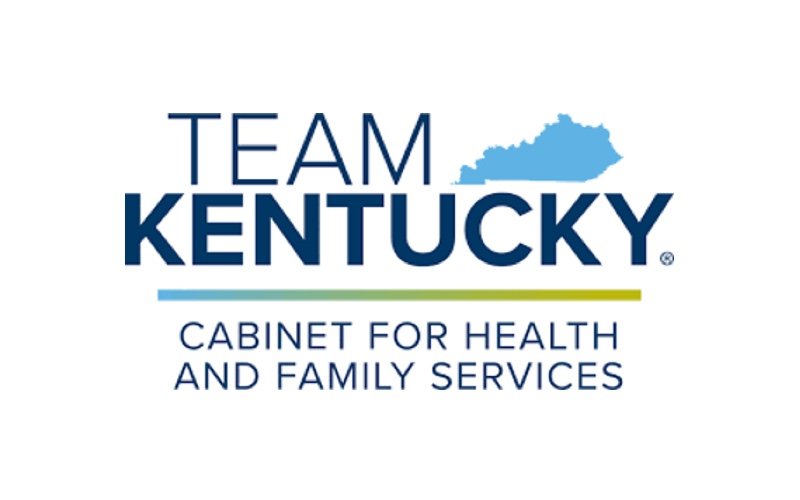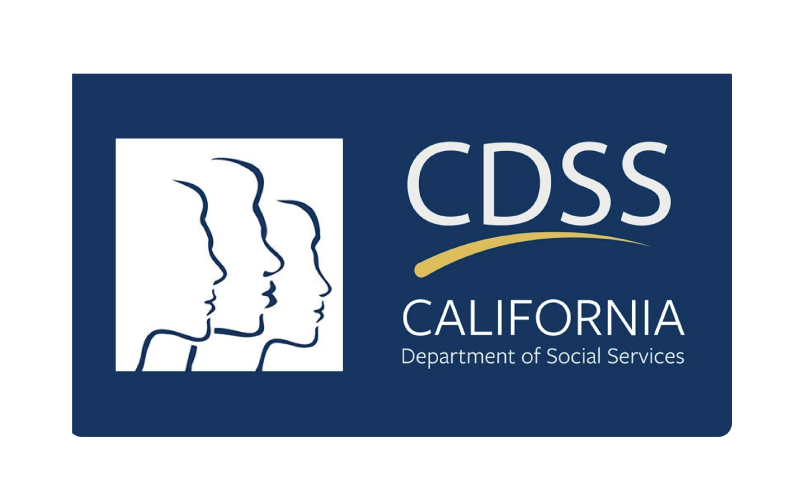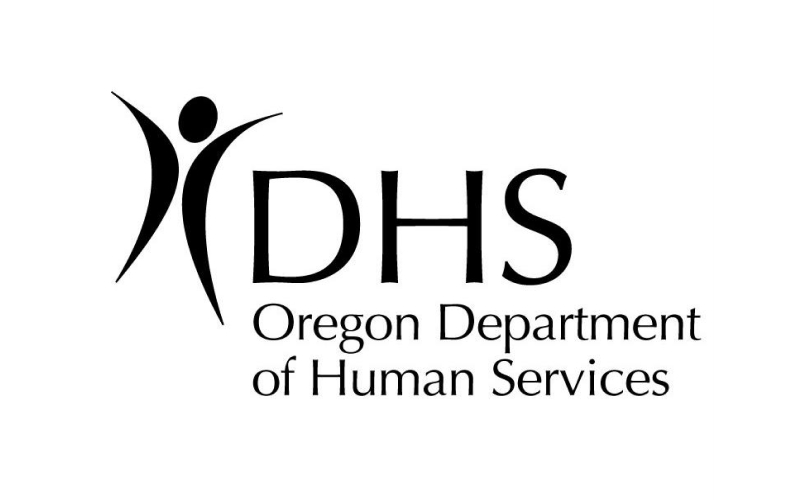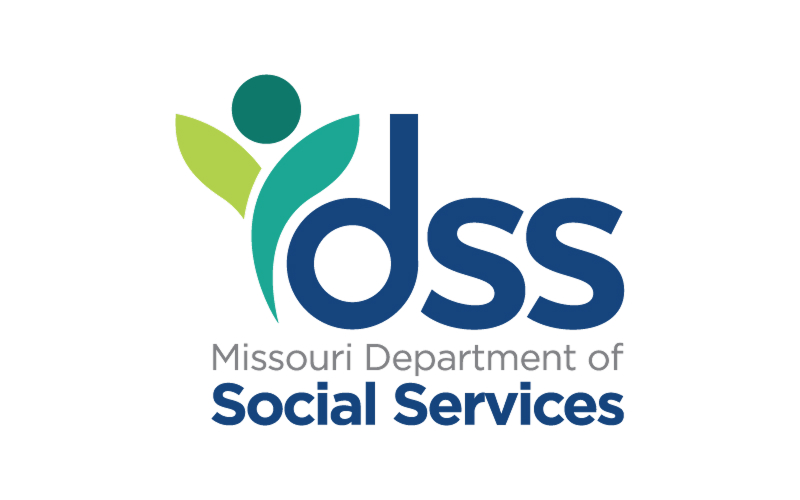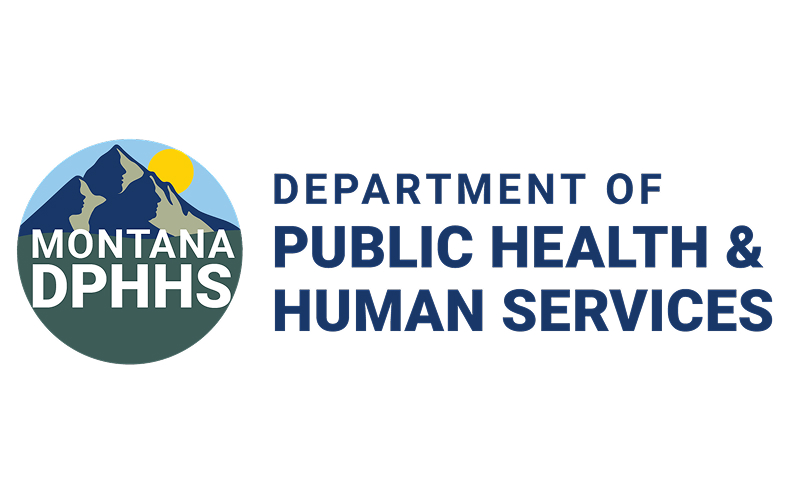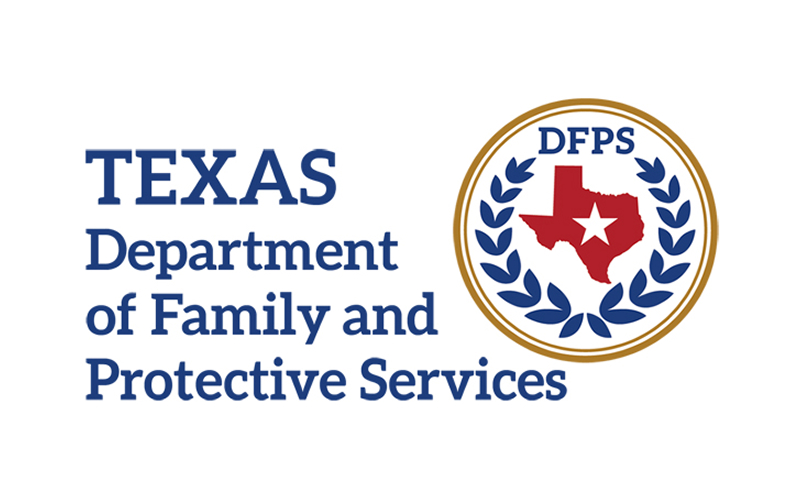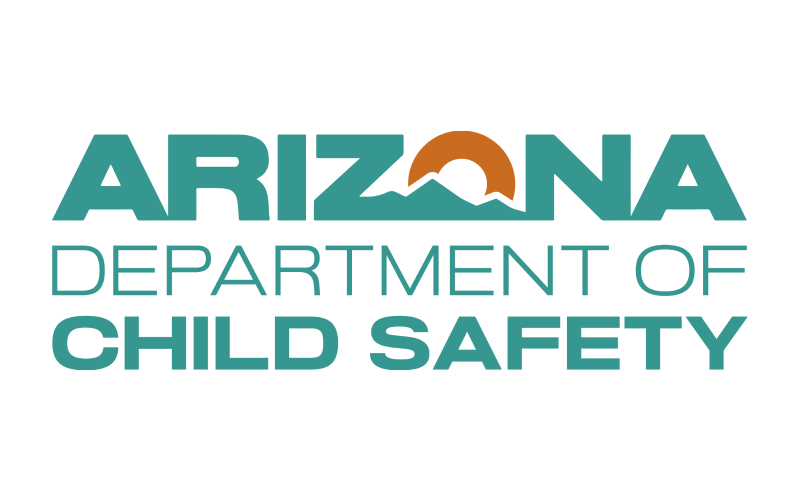Pre-Service Training
To be approved in Alabama to foster or adopt a child from foster care, or provide kinship guardianship care, all prospective parents must complete the 30-hour Trauma Informed Partnering for Safety and Permanency (TIPS). Deciding Together is a foster/adoptive preparation and selection process that can be used with families whose geographic location or circumstances of employment prohibit attendance at TIPS’s 10 weeks of group meetings. Families are dually approved so they are approved to foster and/or adopt and do not need additional training to transition from foster care to adoption.
Alabama contracts with private agencies to complete training for families who wish to adopt special needs children. These families must also complete additional training required by the private agency, which is offered both in person and virtually.
Relative caregivers go through the same training if they are to receive adoption subsidy.
Services Offered Through the State’s Post-Permanency Support Program
The Alabama Department of Human Resources contracts with Children’s Aid Society to offer Alabama Pre and Post Adoption Services (APAC), a statewide program designed to stabilize adoptive families, prevent disruptions, and enhance the overall well-being of adoptive children.
Services include:
In state fiscal year 2023, APAC provided 137 families with one-on-one counseling services.
In addition to these services provided by APAC, the state offers:
For more information, visit https://www.childrensaid.org/what_we_do/programs/apac/apac-services.html.
Geographic Area Covered
APAC provides services statewide through a network of offices located in Birmingham, Montgomery, Huntsville, and Mobile. Trainings and support groups are offered virtually to ensure access statewide. The lending library mails items to families statewide.
The specialized medical subsidy and the behavioral supports are available statewide.
Eligible Population for the Overall Post-Permanency Program
Variations in Eligibility for the Post-Permanency Program
DHR adoptive families take priority if there is limited availability of services. In such cases, other families would go on a wait list, but there has not been a need for a wait list.
The specialized medical subsidy is available only to children receiving adoption or guardianship assistance who meet the program’s criteria. Support from DHR behavioral analysts is for any child with an open DHR case or foster care case.
Accessibility
Children's Aid Society has a Performance Quality Improvement (PQI) committee focused largely on cultural responsiveness. The committee meets monthly and conducts training for all agency staff, including APAC staff, on how to provide culturally responsive services. All families served through APAC's counseling program are surveyed about the quality of services, including if services were culturally competent and respectful.
DHR and APAC can engage interpreters and translation services for families for whom English is not their primary language.
Outreach and Engagement
Adoption Placement Specialists make referrals to APAC when working with adoptive families. These referrals can be made at any time during the adoption process, but typically they are made when a family is matched with a child.
APAC staff conduct outreach about available services to adoptive families by attending recruitment events, community events, resource fairs, and other meetings in all regions of the state. When families contact APAC for services, APAC staff ask where the person learned about the services.
All families adopting through APAC are connected with their post-permanency counselor at least twice before finalization. Counselors co-facilitate the APAC Therapeutic Parenting training for prospective adoptive parents and attend the pre-service training Panel Night class to discuss the availability of post-permanency support.
How the Post-Permanency Program Is Operated
Notes About Who Provides Which Service(s)
The state contracts with Children’s Aid Society to operate APAC statewide.
Behavior analysts are state staff, serving all 67 counties.
Adoption/Guardianship Assistance/Subsidy Review and Changes
The state typically reviews adoption or guardianship assistance agreements only when families call with questions or concerns. Parents are required to notify the state about any changes in circumstances that would affect their assistance. If families are receiving a specialized medical subsidy to cover counseling, after one year, families must submit professional documentation that verifies the continuing need and confirms that no Medicaid providers are available locally who could provide the counseling.
Adoptive parents or guardians can make a request for a change in the adoption or guardianship assistance agreement at any time when there is a change in the family’s circumstances or the child’s needs. Professional documentation supporting the requested change is required, if appropriate. Families can call Adoption Intake or email the Office of Adoptions to make requests for changes.
Tracking Adoption/Guardianship Discontinuity
The state’s data system tracks when adopted children enter foster care and staff can run reports on the data as needed. When an adopted child re-enters care, state staff often review the circumstances and reach out to the family to determine if they need additional supports or services or if something could have been done differently.
Post-Permanency Program Spending (FY 2023)
Funding Sources for the Post-Permanency Program (FY 2023)
- Title IV-B, Part 1 (Child Welfare Services/CWS)
- Title IV-B, Part 2 (Promoting Safe and Stable Families/PSSF)
- Adoption savings (reported on CB 496 Part 4 – Annual Adoption Savings Report)
- Adoption/Guardianship Incentive Program Payments (AIPP)
- State funds
- County funds



